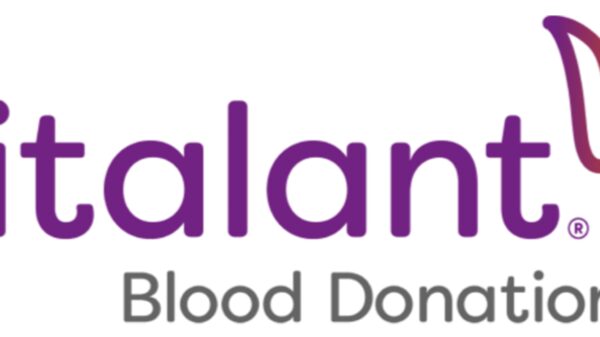BridgeBio has announced significant progress in its clinical development of encaleret, a treatment for patients with Autosomal Dominant Hypercalcemia (ADH1). The CALIBRATE study, a Phase 3 trial, successfully met all pre-specified primary and key secondary efficacy endpoints. The results indicate that encaleret could offer a viable alternative to conventional therapies for managing this rare disorder.
The primary endpoint of the study was met with impressive results. By Week 24, 76% of participants receiving encaleret achieved both serum and urine calcium levels within the targeted ranges. In stark contrast, only 4% of those on standard therapy reached similar outcomes by Week 4. This notable difference was statistically significant, with a p-value of p<0.0001, indicating a strong likelihood that the results were not due to chance.
Implications for Patients and Healthcare Providers
The findings from the CALIBRATE study could have important implications for those affected by ADH1. This condition often leads to elevated calcium levels in the blood and urine, which can result in serious health complications if left untreated. The successful results from the encaleret trial give hope to patients seeking more effective management options.
BridgeBio’s Chief Medical Officer, Dr. David L. S. G. Schreiber, emphasized the significance of these results, stating, “We are encouraged by the efficacy demonstrated in this study and believe that encaleret has the potential to transform treatment for patients with ADH1.” The company plans to discuss these results with regulatory authorities to explore potential pathways for approval.
Next Steps for BridgeBio
Following these promising results, BridgeBio is expected to move forward with additional analyses and preparations for regulatory submissions. The company aims to ensure that encaleret can be made available to patients as quickly as possible.
As the healthcare community closely monitors these developments, the successful outcomes from the CALIBRATE study represent a significant step forward in the fight against rare calcium regulation disorders. With ongoing research and commitment from BridgeBio, the future of treatment for ADH1 patients looks increasingly hopeful.
































































